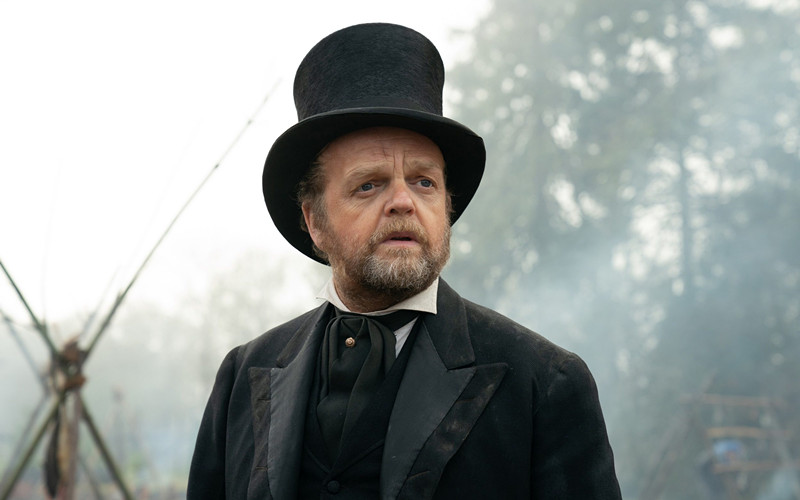
Without a doubt 2020 was a particularly strong and stunning year for film, despite the stresses and strain put on the industry (and us all). With so many awe-inspiring visuals lighting up our living rooms, and drive-ins, (here’s hoping movie theaters and multiplexes safely return to us once we get a handle on the pandemic), Taste of Cinema continues our exciting and tireless search for the most visually exquisite films of 2020.
As ever, such a task was no easy charge, and not one we undertook lightly, although several films stood out straight away––the extraordinary visual canvasses of David Fincher’s Mank, Steve McQueen’s Lovers Rock and Chloé Zhao’s Nomadland all lead the charge––the assembled list presented here offers up the finest films of dazzling depth, stirring symmetry, gorgeous framing, exquisite compositions, and assured grace that 2020 had to offer. Enjoy!
20. Into the Storm
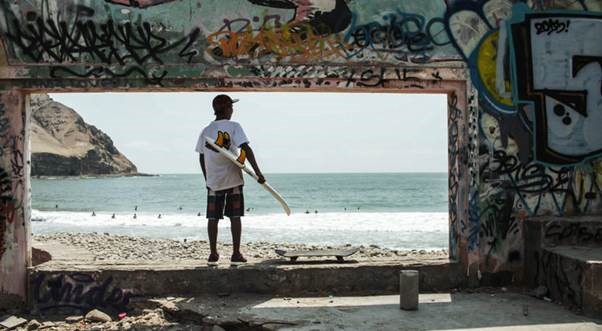
Beautifully shot and truly touching, this Peruvian surfing documentary from Adam Brown was filmed over 5 years and coincidentally it made me ugly cry about 5 times.
Ostensibly the story of Jhonny Guerrero, who is 14 when we first meet him, an indigenous surfer from the drug-addled and gang-plagued streets of Chorrillos, Lima. Into the Storm and the subjects that are front and center are never less than compelling, it’s largely a tale of class struggle but there’s so much more, and their ordeals are emotionally rich, combined with the stunning vistas, and big-hearted humanity on bold display, it’s one of the most fascinating, fine, and graceful documentaries to kiss the shore in some time.
19. Siberia
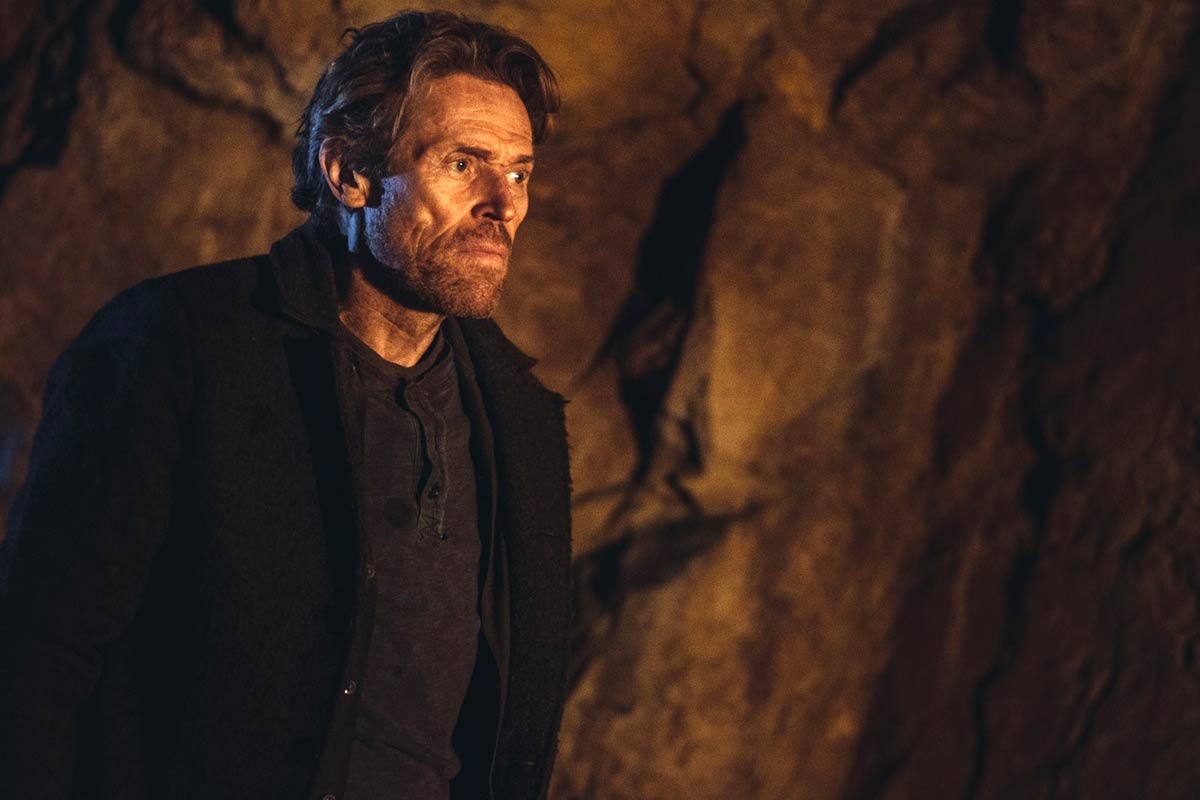
The prolific and provocative filmmaker Abel Ferrara (Bad Lieutenant) once again reteams with his current mainstay and ready muse Willem Dafoe in Siberia, a surreal digression that feels like a subarctic delineation of James Joyce’s “Finnegans Wake” and is also perhaps just as polarizing.
As Ferrara’s allegorical and byzantine-like film unfolds, it becomes the kind of deep dive where it’s very easy to lose track of all the narrative threads and that may well be part of it’s elaborate duplicity. Dafoe’s many doppelgängers, brushes with sorcerers, lactating women and naked dwarves all depose such fascinations.
Is it pretentious? Absolutely, but don’t let that dampen the enjoyment of splashing around in these strangely surreal waters with the consistently wonderful Dafoe and the odd assortment of dreamlike no-goodniks, alluring sirens and dangerous visions that suck him and us into the sly abyss. It’s a dark deathtrip and some kind of vivid and sequential cinematic coup d’etat.
18. Gretel and Hansel
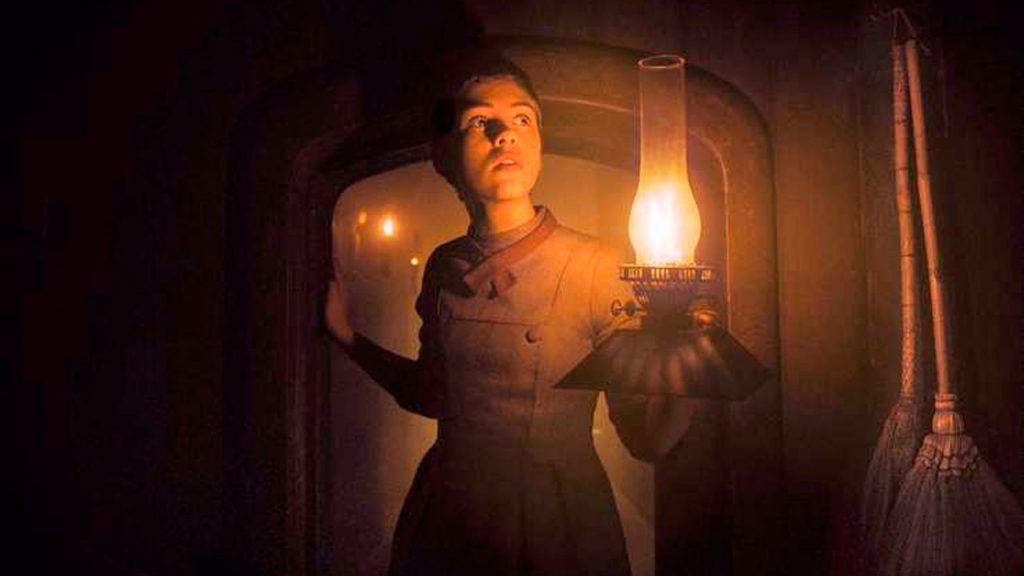
Across two very startling, deeply atmospheric and lyrical horror films, director Oz Perkins (The Blackcoat’s Daughter, I Am the Pretty Thing That Lives in the House) has explored dynamic and disturbing aspects of pain, sorrow, and female agency, and now with what may be his finest yet, he shrewdly revises a classic fairy tale.
Gretel and Hansel opens in an arcadian countryside besieged by plague and ruinous superstition; Sophia Lillis (It, I Am Not Okay With This) is Gretel, who along with her young brother Hansel (Sam Leakey) are forsaken by their mother (Fiona O’Shaughnessy) after refusing to join a convent, and set forth to tame the dark wilderness. Facing starvation the pair stumble upon the sweet-smelling home of a witch (Alice Krige) and here so many more troubles begin.
In Perkins’s capable hands the familiar shadows of Gretel and Hansel transmute into a twisted and thorny tale of feminine force and freedom and the terrible price of both these treasures. Aided by DP Galo Olivares and production designer Jeremy Reed, Perkins inundates the viewer with evil imagery and symbols, creating a creepy climate both strange and chimeric, conjuring a powerful magical spell impossible to break and a visual feast that will more than fill you up.
17. I’m Thinking of Ending Things
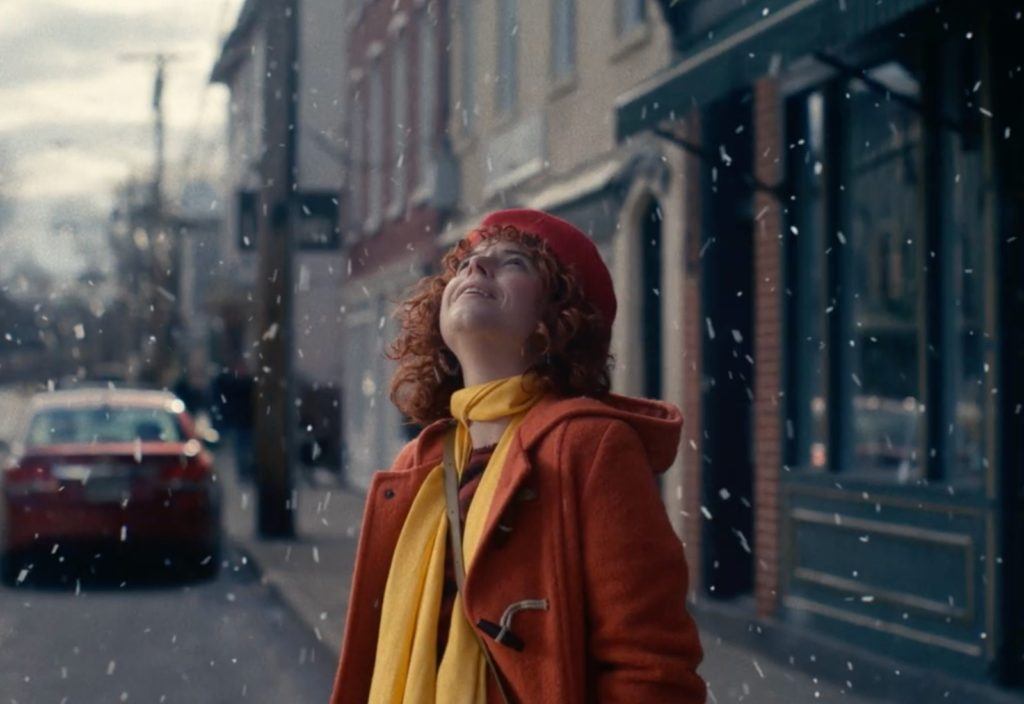
He may not be as prolific as his fans would like, but writer-director Charlie Kaufman came back in 2020 in a big way, offering us another intensely surreal and densely layered film that promises, at least initially, to plumb the depths of the subconscious à la vintage David Lynch and then some. And despite some very Lynchian manoeuvres throughout, a single viewing doesn’t quite coalesce (I’m Thinking of Ending Things can be something of a hard sell as multiple viewings appear to be mandatory, if you want to make sense of it all).
Admittedly I didn’t connect emotionally the way that I had hoped with this alternately dazzling and confounding film, but it still held me rapt throughout. Still, while this film lacks the mastery of Synecdoche, New York, it’s still a memorable, moving and worthwhile film with much to admire and marvel at (Jessie Buckley, Toni Colette, Jesse Plemons and David Thewlis are fantastic).
Apart from some seemingly deliberate obfuscation, this film is still highly recommended and, off-kilter as it is, is frequently a beauty to behold.
16. Last and First Men
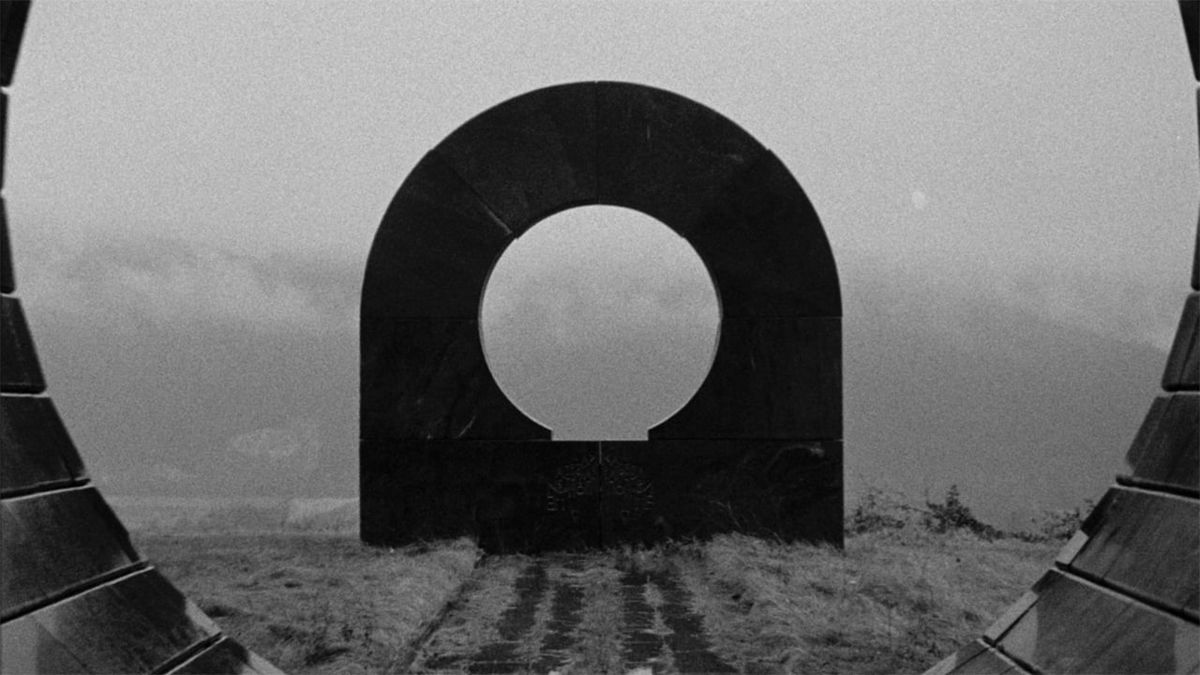
Perhaps best known for his incredibly moving minimalist score for Denis Villeneuve’s Arrival (2016), amongst others, Icelandic composer and filmmaker Jóhan Jóhannsson’s Last and First Men, released posthumously, makes for one haunting, honey of a post-apocalyptic parting gift.
Beautiful black-and-white imagery, filmed in stunning 16mm by cinematographer Sturla Brandth Grøvlen (Victoria), combined with fittingly chilly narration from Tilda Swinton, evoke the final gasps of a lost utopia in an entirely immersive and cerebral essay film. It’s a somber yet intricate sci-fi spectacle that lands somewhere between Chris Marker’s La Jetée (1962) and Stanley Kubrick’s 2001: A Space Odyssey (1968) — in fact, Arthur C. Clarke read Stapleton’s novel at a very impressionable age, inspiring not only his short story “The Sentinel” but the monoliths therein that would become the most iconic imagery in Kubrick’s adaptation and overall oeuvre.
This is a dreamy and dazzling final statement on ephemerality and extinction from a remarkable polymath artist we were only just getting to know.
15. Undine
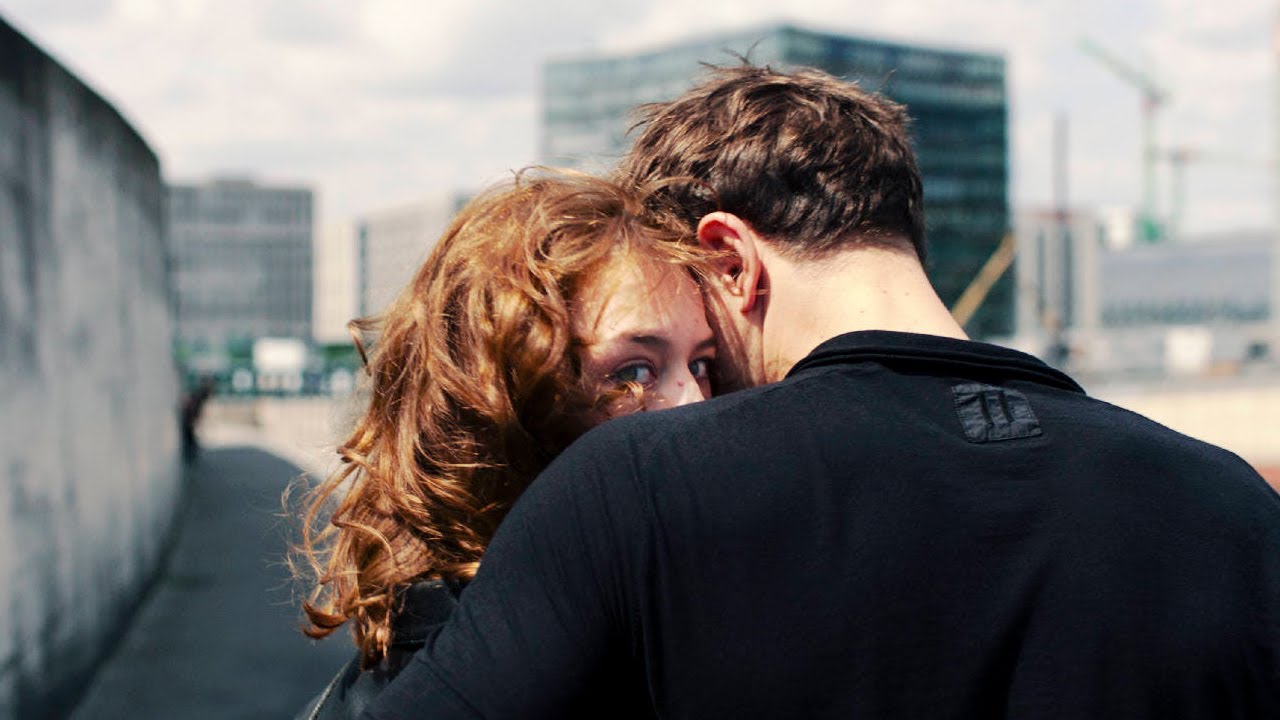
A new film from German auteur Christian Petzold (Phoenix, Transit) is always cause for celebration, that it’s a magical-reality infused modern day fairy tale ups the ante even more, and to win the entire kitty it just so happens that Petzold’s most recent muse, Undine’s star attraction Paula Beer is already winning raves (including Best Actress at Berlinale 2020). Not to be outdone, the other really heavy-lifter in the acting department in this one is Germany’s answer to Joaquin Phoenix himself, Franz Rogowski.
Undine (Beer) is a historian living in Berlin where she lectures on the urban development going on there, and it’s in the lecture hall where her recovering romantic failings may be in for an uptick after she meets Christoph (Rogowski). An ancient myth enfolds Undine and her latest lover, and while ambiguities unfold, so too does dizzying romance, underwater revelry and a lot more in this fantastical diversion from a great filmmaker.
14. She Dies Tomorrow
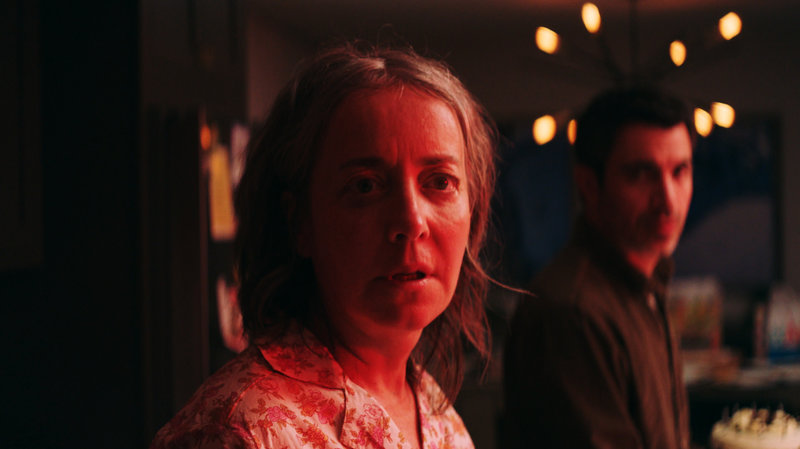
Alternately jarring and subdued, writer-director Amy Seimetz (Sun Don’t Shine) weaves a nuanced tale of haunting, emotional anguish in her latest film, She Dies Tomorrow. To watch this movie today, in the midst of the pandemic — and particularly if you’ve ever read Ray Bradbury’s 1951 short story “The Last Night of the World”, which must have been at least a thematic influence — makes the dread and fatalist certainty of Amy (Kate Lyn Sheil) all the more palpable and distressing.
Seimetz’s film is instantly identifiable as part of society’s present ambience of uncertainty, insanity and existential panic owing to civil and mental turmoil. But this rattling unrest is showcased in stunning colors and production design, make no mistake, this is an arthouse picture with a poetic presentation of mental illness that often feels experimental and more than a little precarious (mad props to DP Jay Keitel, production designer Ariel Vida, editor Kate Brokaw, and the score from the Mondo Boys).
In Seimetz’s psychodrama a circle of friends quickly come to recognize that Amy’s odd surety that death is quickly approaching becomes something every bit as infectious as the novel coronavirus. The apprehension, anxiety and paranoia these characters stare down becomes a frighteningly believable contagion, and yet the black humor throughout prevents this vivid trip from being anything like a somber elegy.
13. My Octopus Teacher
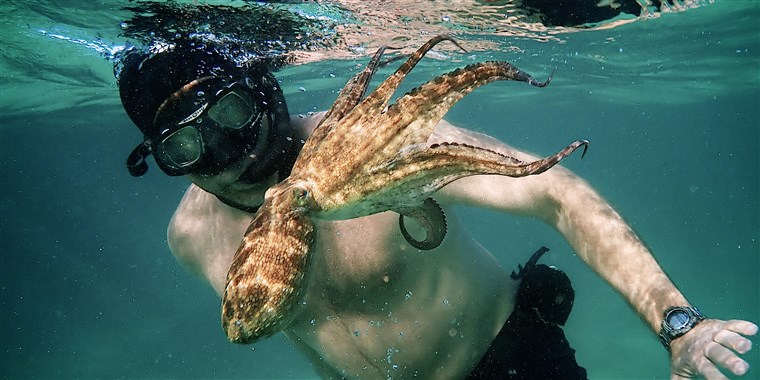
Gorgeously photographed and unexpectedly moving, this remarkable and graceful tale of friendship between man and octopus amidst a dizzying and dream-like kelp forest in South Africa isn’t just one of the best and most beautiful documentaries of 2020, it’s also the most astonishing tearjerkers of the year as well.
Directors Philippa Ehrlich and James Reed, along with the good-natured diver/filmmaker subject Craig Foster take the viewer into a little seen and even lesser understood undersea world occupied by a young octopus, who, like the title suggests, has much to teach for the curious and compassionate. As Reed and the octopus develop an unbelievably close bond, so too will the audience’s perceptions change and be enriched by this fascinating, graceful, and gripping tale that is simultaneously heartbreaking, healing, and ultimately enlivening. You’ve seen nothing like it. Don’t miss it.
12. Shirley
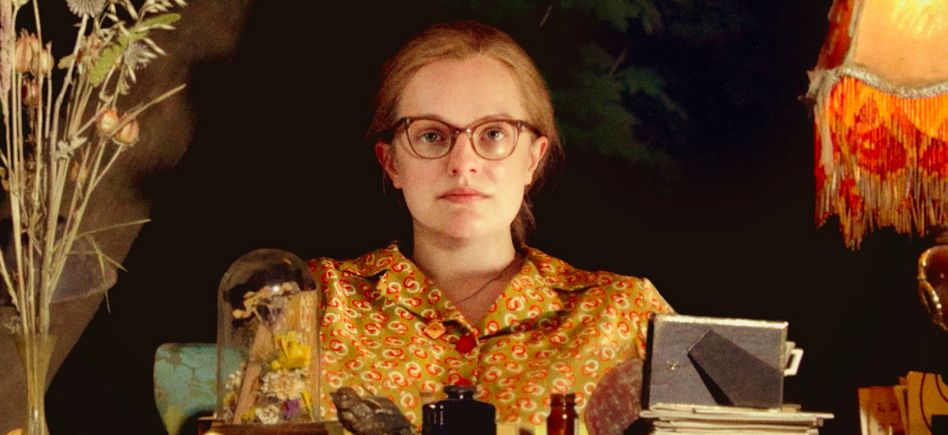
Traditional biopics are often overrun with tedious tropes and predictable plotting, and much to the credit of director Josephine Decker (Madeline’s Madeline), there’s nothing traditional about the entirely fictional Shirley. Eschewing the dull trappings of the genre at almost every turn, Decker offers up a steady stream of dreamlike incidents and imagery familiar to the Shirley Jackson milieu, that makes it a visually dense and rather muscular feat of storytelling strength and epicurean strangeness.
Elizabeth Moss, who is in imminent danger of overexposure, is great in the eponymous role of the famous horror writer, and Michael Stuhlbarg shines as her forlorn husband, and as their wedded bliss unravels, their journey becomes all the more surreal as the certainty of it all becomes far less tangible. As tensions rise, a delirious perspective holds sway, and while Moss’s other big genre film from 2020, The Invisible Man, might hog most of the plaudits, Shirley is the serenely sinister chamber piece that offers intellectual stimulation and opulent eye candy that will truly persist and plague the viewer for days afterwards.
11. Possessor
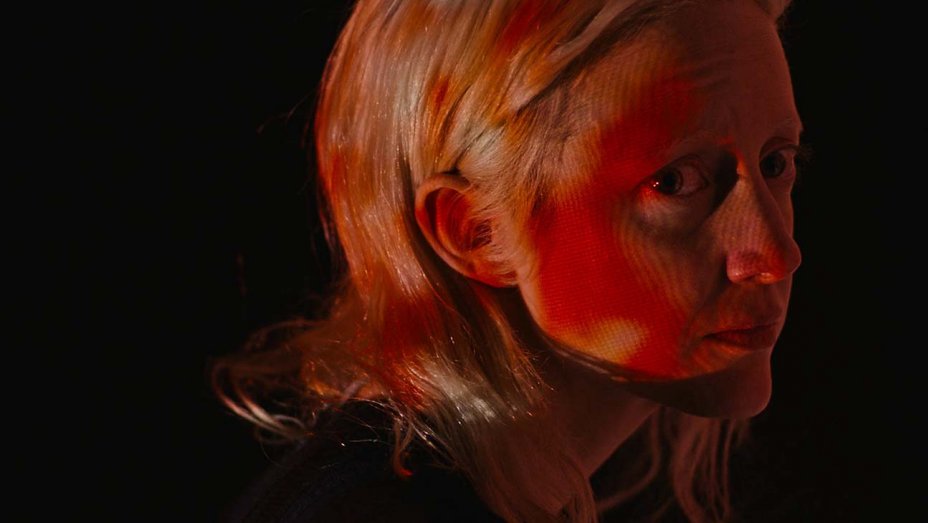
Brandon Cronenberg’s extreme genre thriller Possessor runs amok with futuristic technologies melding with a worn, vintage esthetic that make it a beautifully brutal sci-fi headtrip. Contract killer Tasya Vos (Andrea Riseborough), a corporate agent working under Girder (Jennifer Jason Leigh), uses state-of-the-art brain-implant tech to assassinate her targets. A murderer for hire, Vos inhabits her subject’s bodies, against their will, committing the murders through them, before forcing said subjects to end their own lives in a perfect crime scenario.
An incredibly confident and fully-realized film, Possessor finds Cronenberg fully in control and unafraid of shocking his audience as his dark and deadly tale builds with the momentum of a freight train screaming through a railyard late at night. His leads have never been better either, starting with Riseborough, who was so vulnerable and ethereal in Panos Cosmatos’s Mandy, here she’s a terrifying persona non grata psychopath being sucked into the abyss. And as her prey, Chrisopher Abbott is alternately utterly sympathetic and wholly sinister when his actions are manipulated by Vos for the most wicked and homicidal of purposes.
Utilizing stylish yet often austere cinematography from Karim Hussain, as well as gifted production design from Rupert Lazarus, along with a bevvy of suitably brutal and bloody practical effects, Possessor is an uneasy but nonetheless awesome experience.